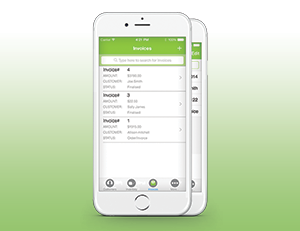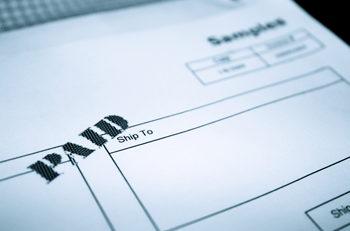What is the Difference between Desktop and Cloud Accounting Software?
It seems that the term ‘cloud’ is everywhere these days with many people expounding the benefits of cloud accounting software. So what is it and should you be considering it?
The ‘cloud’ simply refers to software and services that you access using the internet with the data being stored on someone else’s computer rather than your own.
Cloud can offer a number of advantages such as:
• not having to install software (and updates) on your own computer,
• easy data sharing (and collaboration), and
• not needing to do backups.
However, there are also some down sides such as:
• lack of access if there is no internet connection.
The advantages of desktop software are:
• data is stored on your own PC,
• doesn’t require internet access.
The disadvantages of desktop software are:
• you need to install the software (and any updates)
• you need to backup your data,
• data sharing is not as easy.












Leave a Reply